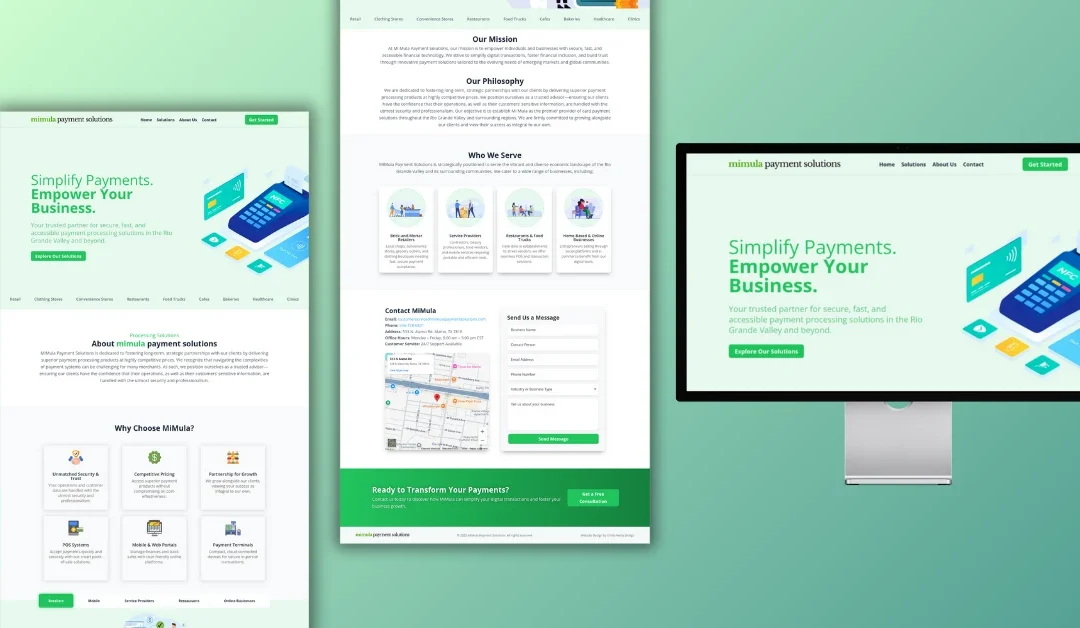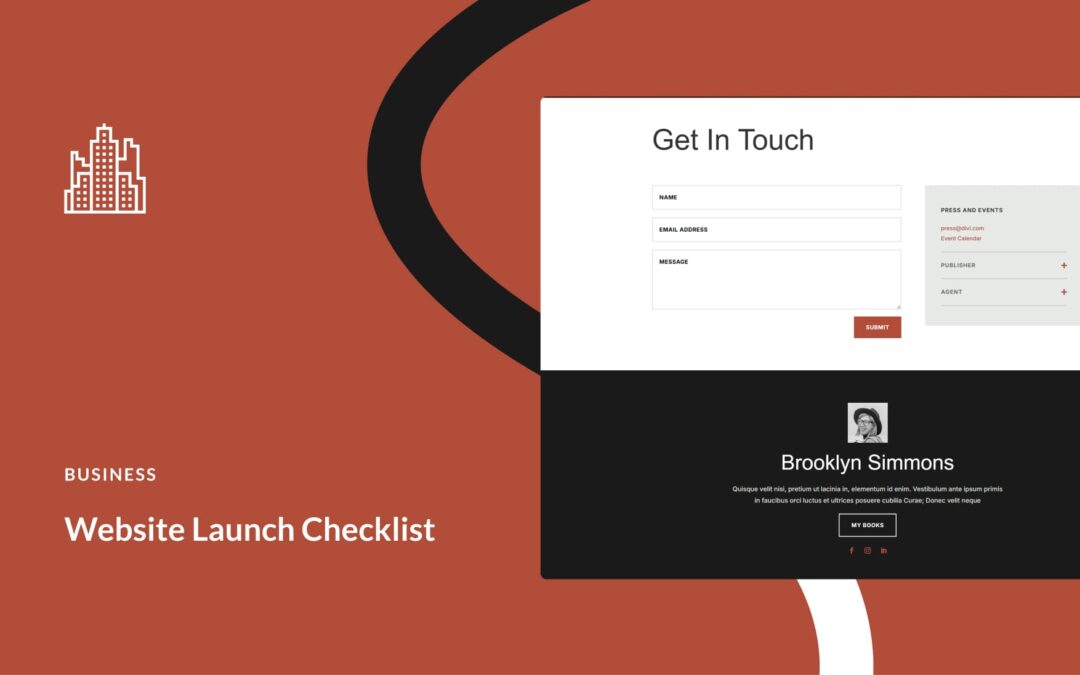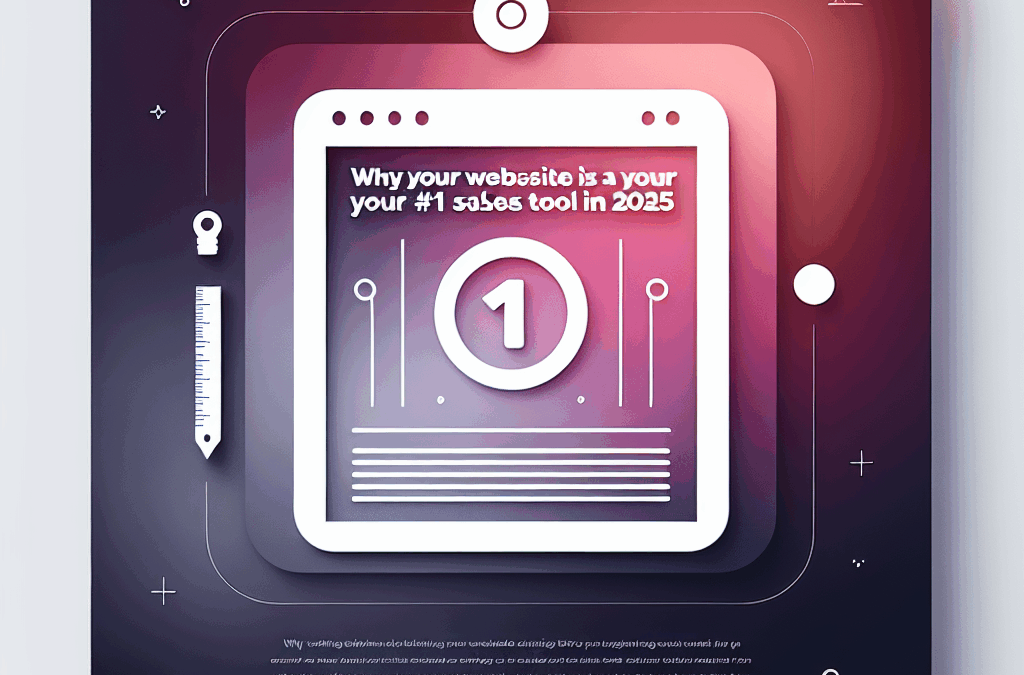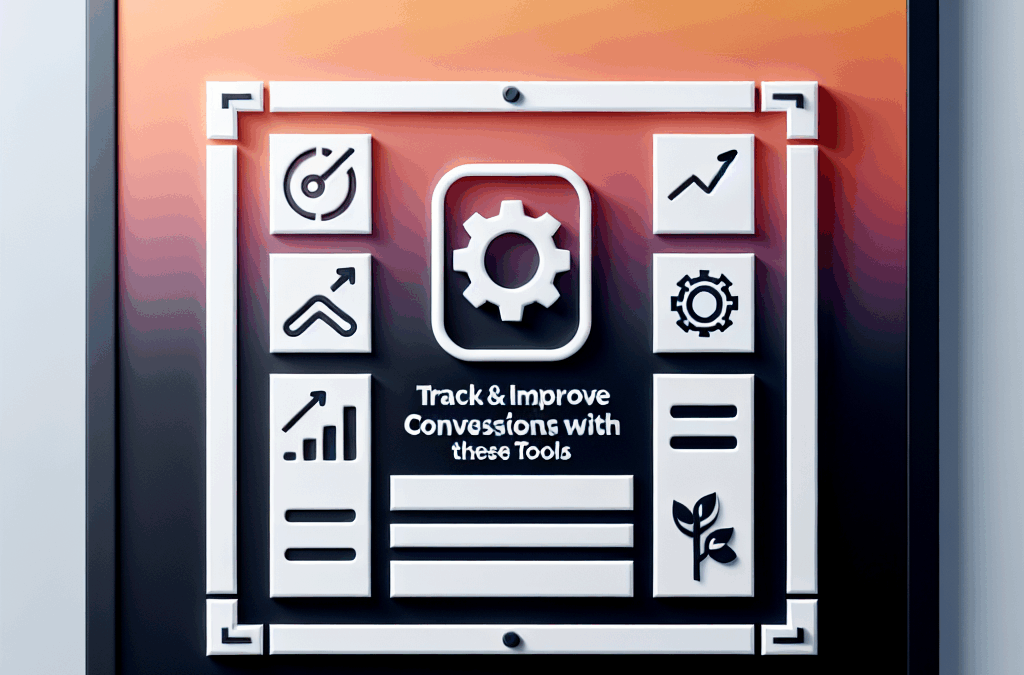What’s the Deal with HTTPS? Understanding SSL for Your Business
Ever wondered why some websites have that extra “s” in their URL? You know, the one that makes it go from “http://” to “https://”? If you’ve ever been asked to enter personal information online—like your credit card details for that new outfit—you might’ve noticed that little padlock symbol popping up, too.
So, let’s break it down: What’s the importance of that extra “s,” and more importantly, how does it impact your business in South Texas, especially right here in McAllen?
Why the “S” Matters
That extra “s” stands for “secure,” and it means you can trust that your connection is safe. Websites using SSL (Secure Sockets Layer) technology encrypt the data you send back and forth. It’s like having a private conversation in a crowded café. You wouldn’t want someone eavesdropping, right?
For business owners, having an SSL certificate isn’t just a good-to-have—it’s essential. Not only does it protect sensitive customer information, but it also signals credibility. Imagine losing potential customers because they see that “http” and think, “ni modo, I’m not sharing my info here!” That could be a significant hit to your sales, especially in today’s online marketplace.
The Risks of Not Having SSL
Picture this: You have your website up and running, but it’s still missing the HTTPS. Meanwhile, every time someone tries to enter their information, a hacker could potentially intercept that data. This is known as a “man-in-the-middle attack.” Scary, right? A little unsettling even for the most tech-savvy business owners.
When your website isn’t secure, you’re not just putting your customers at risk; you’re also jeopardizing your reputation. Older designs or outdated security measures can make customers avoid your site altogether. It’s time to elevate your online presence!
How SSL Works
Here’s the good news: when a visitor lands on a secure site, their browser and your server form an encrypted connection instantly. This means the information types in, like emails or credit card numbers, are securely sent to you, without anyone else being able to snoop. That padlock icon? It’s your badge of trustworthiness!
In fact, some studies suggest that sites with SSL are even faster than those without—so you’re not just securing data, you might also be improving performance. Talk about a win-win!
Types of SSL Certificates
Now that we know why you need SSL, let’s dive into the different types of SSL certificates available and why they matter:
-
Extended Validation (EV) SSL Certificate: This one shows your business name in the address bar, enhancing credibility. Perfect for businesses like yours that require customer identity assurance, especially in industries like finance or healthcare.
-
Organization Validated (OV) SSL Certificate: This is a solid choice for local businesses. It verifies your organization and gives a medium level of encryption. It’s a great step up if you’re looking for recognition but aren’t quite ready to invest in an EV.
-
Domain Validation (DV) Certificate: This is an entry-level certificate providing basic security. It’s quick to obtain and works for those who need something simple to protect their basic website functionality.
-
Wildcard SSL Certificates: If you operate several subdomains, these are fantastic. They allow you to secure all of your subdomains under one main domain, saving you both trouble and cost.
- Multi-Domain/SAN SSL Certificates: Ideal for businesses managing multiple domains. It’s efficient, covering up to 100 domains under one certificate.
Don’t worry about making an immediate decision—we’re here to help ensure that your first step into SSL is the right one for your business needs.
Getting Your SSL Certificate
So how do you snag one of these SSL certificates? The first step is to assess what your business needs. If you’re managing multiple sites, you might require different SSLs to cover everything appropriately.
For many businesses, a standard SSL is enough. However, if you’re in a sector that follows strict regulatory guidelines, como el financiero, you might want to consult with your IT team.
Plus, there are options like Let’s Encrypt that offer free SSL certificates. But remember, these require some tech know-how to set up correctly and expire every 90 days, so make sure you keep an eye on them!
SSL and SEO: A Booster for Your Business
Did you know that having SSL can also benefit your SEO? Yup! According to Google’s Webmaster Trends, having HTTPS is actually part of the search ranking algorithm. So, if you’re hoping to boost your online visibility, it’s a no-brainer. Websites with SSL certificates may rank higher in search engines compared to those without.
How to Check if Your Website is SSL Secure
Curious if your site is in good standing? Just look at the URL. If you see “https://” along with a padlock icon in the address bar, you’re good to go! You can even use free tools like this SSL checker to confirm.
If you’re not seeing that padlock, it’s time to overhaul your site’s security—because customer trust is everything.
Let’s Make It Happen!
Ready to upgrade your online game? If you’re a small business owner in South Texas, especially in McAllen, and want to secure your website, Ericks Web Design has got your back! We know the local scene and can help you build a professional, custom website that not only looks great but also enhances your marketing goals and sales funnels.
Don’t let outdated tech hold you back. Hit us up so we can help you get those leads rolling in. Remember, your business deserves the best, and we’re here to ensure you achieve it every step of the way!










